 By Matt Williams
By Matt Williams
With the exception of Mike Hart, who used public comment twice during the evening to make the same argument he has frequently made here in the Vanguard (a passionate plea for using the Cannery site for an Innovation Park rather than for housing), and Mayor Krovoza, who strongly argued for an additional $1,150,000 of concessions from the project applicant at the very end of the meeting, everyone who spoke in Council Chambers supported the project. After a short delay as Mayor Krovoza’s substitute motion for the additional concessions was discussed and then voted down by a 1-4 tally, the final vote approving the Cannery was entered into the ledger as 3-2, with Brett Lee entering a message vote as follows:
I feel that the project applicant has been very thoughtful and very responsive, and the project has made dramatic improvements over the past three months. Further, I don’t want to be a wet blanket, but because there are clearly three votes in support, I want my vote to say that I believe the project could be even better if there were more moderately priced homes (below $400,000) and if the project also was also a net zero energy community like West Village. Unfortunately, right now it isn’t quite there. If it were, it would be a regional/national draw. So I am voting NO to remind people “how close we were to the great.”
 As my longtime readers know, I have taken Thanksgiving off, really the only days most years I take completely off.
As my longtime readers know, I have taken Thanksgiving off, really the only days most years I take completely off.
 The Davis City Council went behind closed doors for over an hour and a half before Mayor Joe Krovoza poked his head out the door and told the two members of the public – actually reporters – that there was no reportable action. That means that City Manager Steve Pinkerton will most likely retain his job and have his contract renewed, but beyond that we know little and that is not right.
The Davis City Council went behind closed doors for over an hour and a half before Mayor Joe Krovoza poked his head out the door and told the two members of the public – actually reporters – that there was no reportable action. That means that City Manager Steve Pinkerton will most likely retain his job and have his contract renewed, but beyond that we know little and that is not right.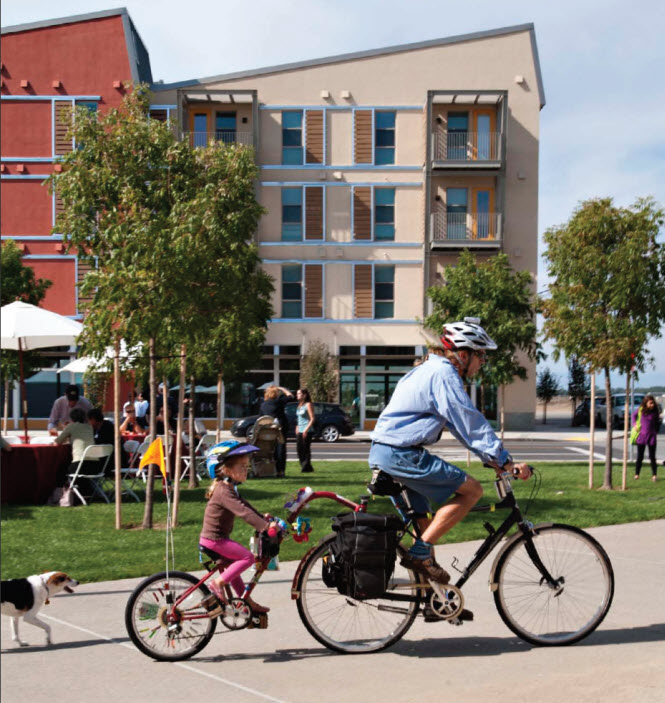 By UC Davis News Service
By UC Davis News Service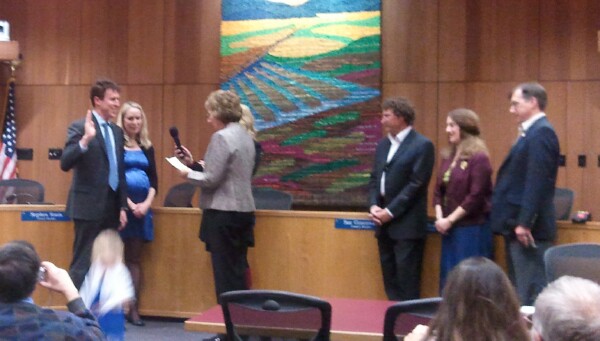 While many believe that Davis Mayor Pro Tem Dan Wolk is the frontrunner for the 2014 open Assembly Seat currently held by Mariko Yamada, the Wolk campaign has to thread a rather perilous needle.
While many believe that Davis Mayor Pro Tem Dan Wolk is the frontrunner for the 2014 open Assembly Seat currently held by Mariko Yamada, the Wolk campaign has to thread a rather perilous needle.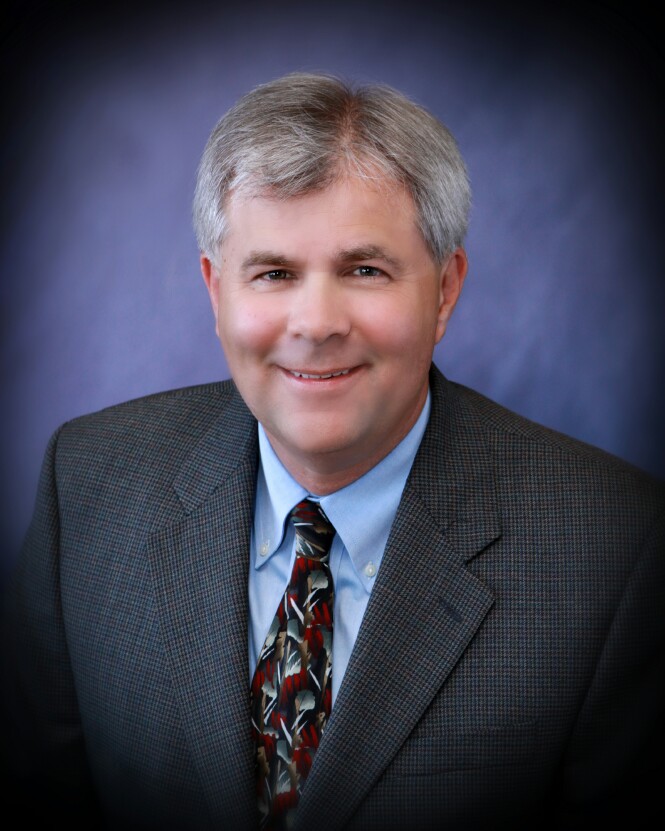 We have learned that there is an active effort underway to terminate the contract of City Manager Steve Pinkerton before the December 1 deadline, after which would enable him to receive nine months of severance for early termination.
We have learned that there is an active effort underway to terminate the contract of City Manager Steve Pinkerton before the December 1 deadline, after which would enable him to receive nine months of severance for early termination.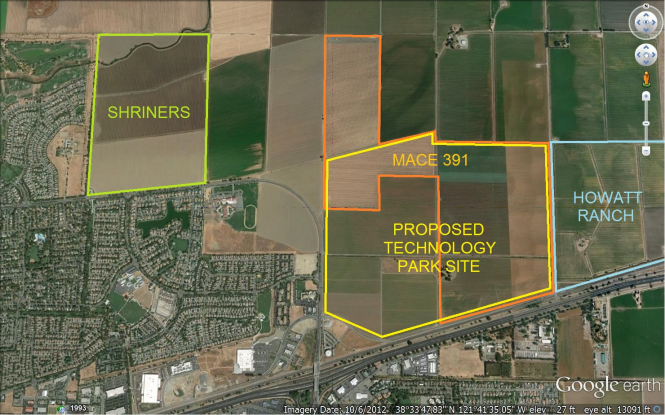 The discussion over Mace 391 has much larger ramifications than simply what the city does on that site. In a very real way, it frames the way the city handles land use policies going forward.
The discussion over Mace 391 has much larger ramifications than simply what the city does on that site. In a very real way, it frames the way the city handles land use policies going forward. Last week tragedy struck the small town of Winters when William Gardner allegedly gunned down his ex-grilfriend in downtown Winters, in broad daylight, just days after being released from custody at the Yolo County jail, where he had been held on charges that he stalked and threatened the victim in this case, Leslie Pinkston.
Last week tragedy struck the small town of Winters when William Gardner allegedly gunned down his ex-grilfriend in downtown Winters, in broad daylight, just days after being released from custody at the Yolo County jail, where he had been held on charges that he stalked and threatened the victim in this case, Leslie Pinkston. Earlier this week, a letter from four current officials and a fifth former elected official publicly challenged the city on a City of Davis – UC Davis Joint Powers Agreement (JPA) for shared management services in the fire department. However, that fight, which will play out during the Tuesday, December 3, 2013, city council meeting, is nothing compared to what is going on behind the scenes.
Earlier this week, a letter from four current officials and a fifth former elected official publicly challenged the city on a City of Davis – UC Davis Joint Powers Agreement (JPA) for shared management services in the fire department. However, that fight, which will play out during the Tuesday, December 3, 2013, city council meeting, is nothing compared to what is going on behind the scenes.

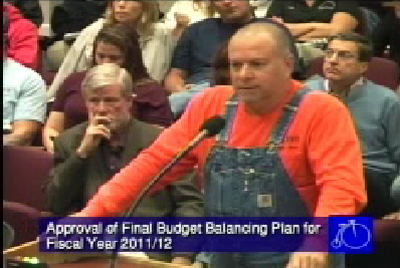
 By Kaiti Curry
By Kaiti Curry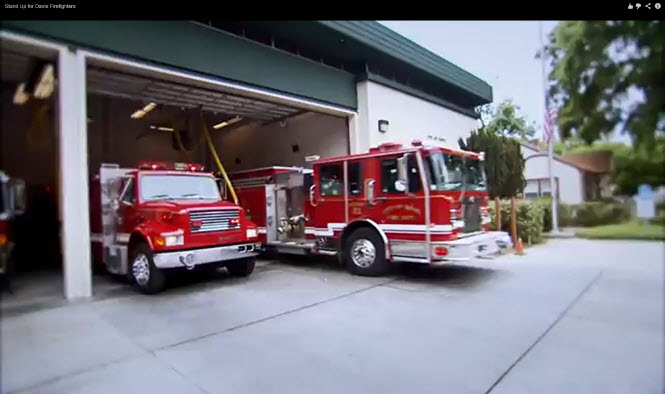
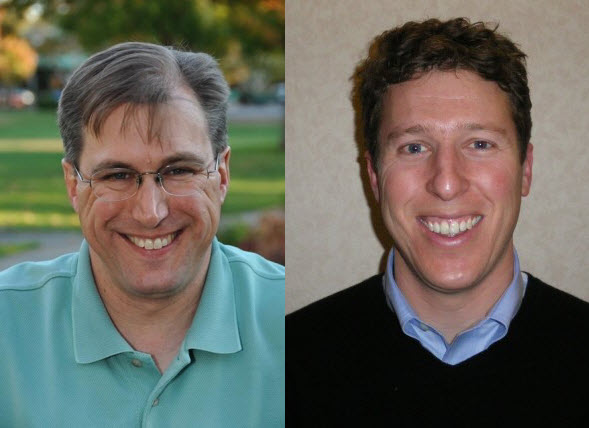 Meeting Punctuated by Verbal Jousts between Assembly Seat Rivals: The meeting ended late Tuesday night – or early in the morning depending on your perspective. In the end, it was a split decision with Mayor Joe Krovoza wanting additional assurances on the connectivity aspect of the project, while Brett Lee felt, in the end, that the project did not offer enough in moderately-priced homes and zero net energy.
Meeting Punctuated by Verbal Jousts between Assembly Seat Rivals: The meeting ended late Tuesday night – or early in the morning depending on your perspective. In the end, it was a split decision with Mayor Joe Krovoza wanting additional assurances on the connectivity aspect of the project, while Brett Lee felt, in the end, that the project did not offer enough in moderately-priced homes and zero net energy.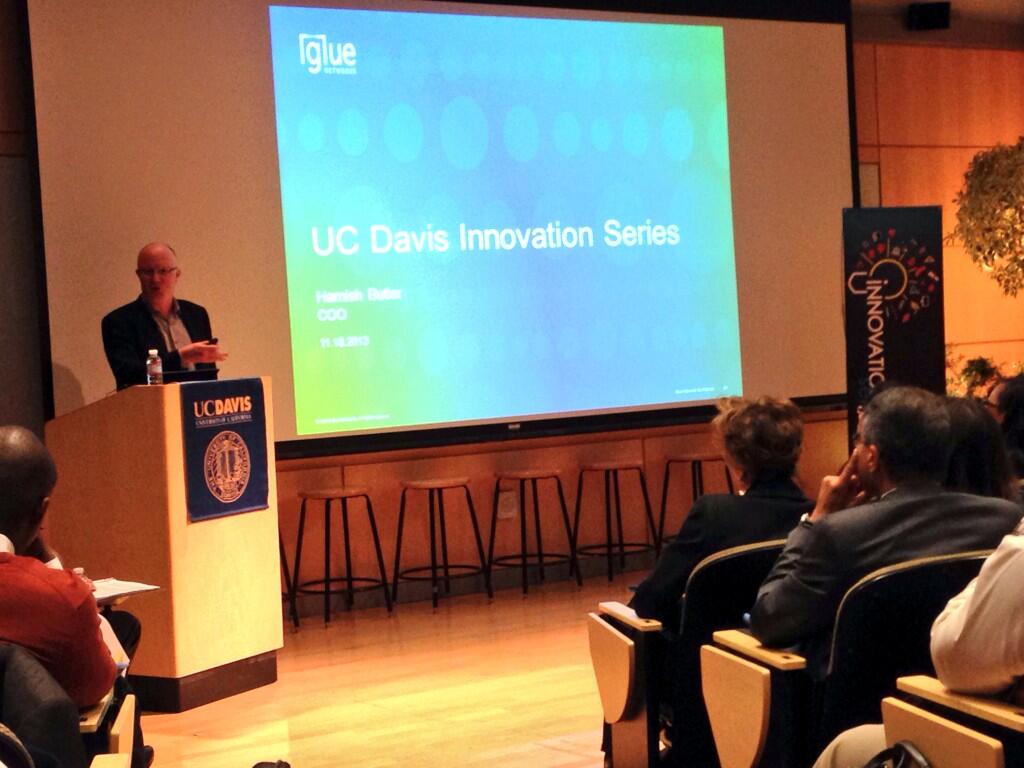 Monday night was the first in a series of 16 symposia to be held around the state and produced by the Governor’s Office of Business and Economic Development (GO-Biz) (
Monday night was the first in a series of 16 symposia to be held around the state and produced by the Governor’s Office of Business and Economic Development (GO-Biz) ( By Matt Williams
By Matt Williams